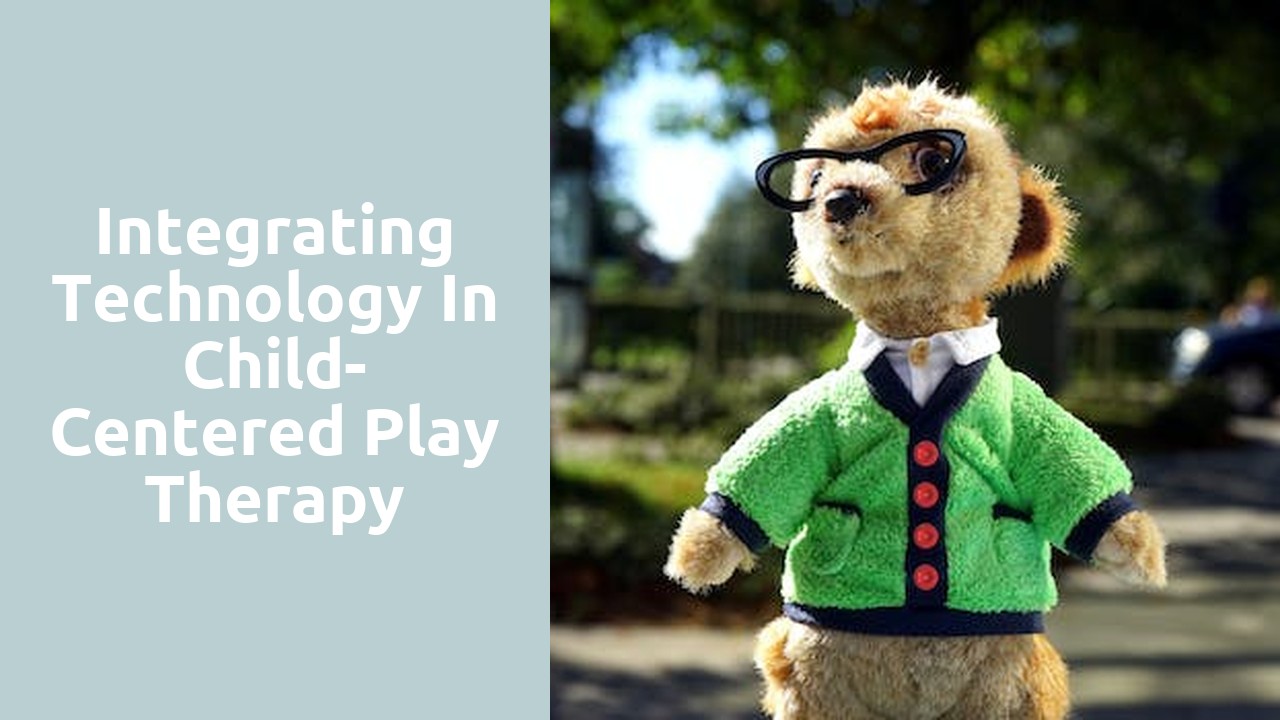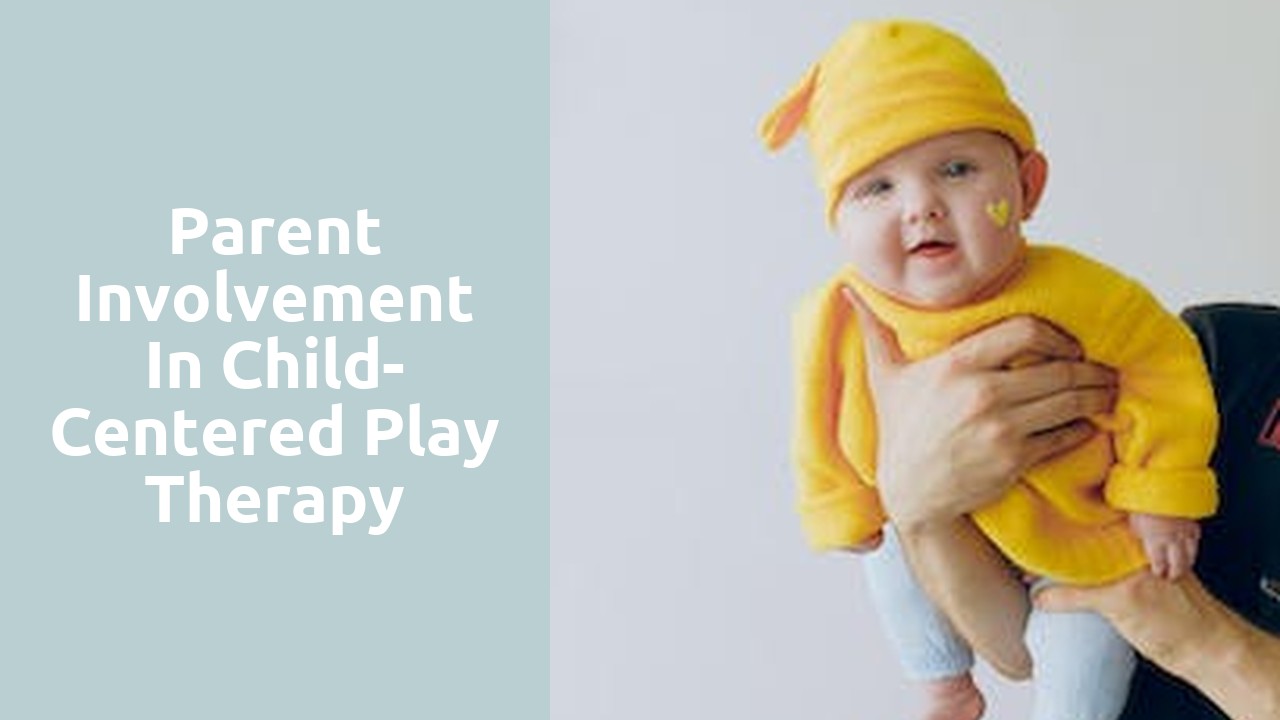Child Centered Play Therapy: Unlocking the World of Therapeutic Play
Introduction
Child Centered Play Therapy is a dynamic and effective therapeutic approach that focuses on building a strong therapeutic relationship with children to address disruptive behaviors, domestic violence exposure, social anxiety, and other challenges faced by young individuals. In this article, we will delve deep into the world of Child Centered Play Therapy, exploring therapy techniques, interventions, and its effects on children's lives.
The Essence of Child Centered Play Therapy
Understanding Child-Centered Play Therapy
Child-Centered Play Therapy, often referred to as CCPT, is a therapeutic approach that recognizes the importance of allowing children to express themselves through play. This child-centered approach creates a safe and nurturing environment where children can communicate their thoughts, emotions, and experiences, allowing therapists to gain insight into their world.
Building the Therapeutic Relationship
One of the fundamental aspects of CCPT is the establishment of a strong therapeutic relationship between the therapist and the child. This relationship is built on trust, empathy, and understanding, creating a secure space for the child to explore their feelings and thoughts.
Therapy Techniques
CCPT utilizes a variety of therapy techniques, including art therapy, sandplay, and storytelling, to engage children in the therapeutic process. These techniques allow children to express themselves in ways that feel natural and comfortable to them.
Intervention for Children Exhibiting Problematic Behaviors
Addressing Disruptive Behavior
Child Centered Play Therapy is particularly effective in addressing disruptive behavior in children. By allowing them to express their frustrations and emotions through play, therapists can work with the child to develop healthier coping strategies.
Healing from Domestic Violence
For children who have witnessed domestic violence, CCPT can be a lifeline. It provides a safe space for them to process their emotions and begin the healing process.
Tackling Social Anxiety
Children with social anxiety often struggle to interact with others. CCPT can help them build confidence and develop social skills through play-based interventions.

